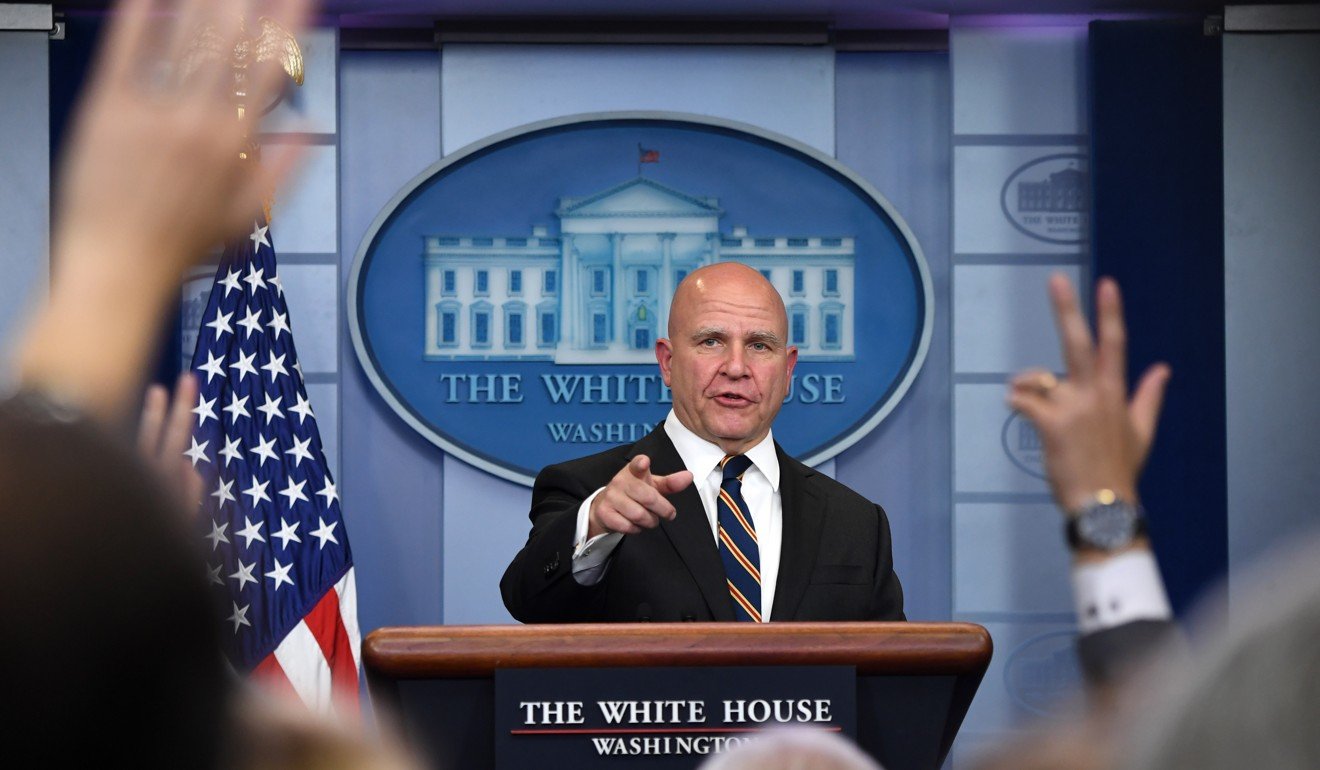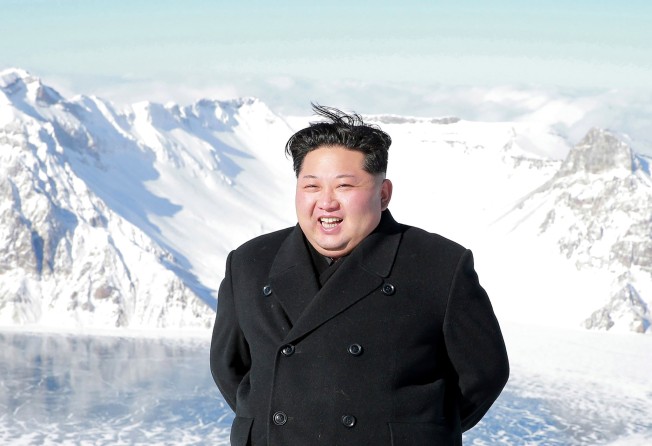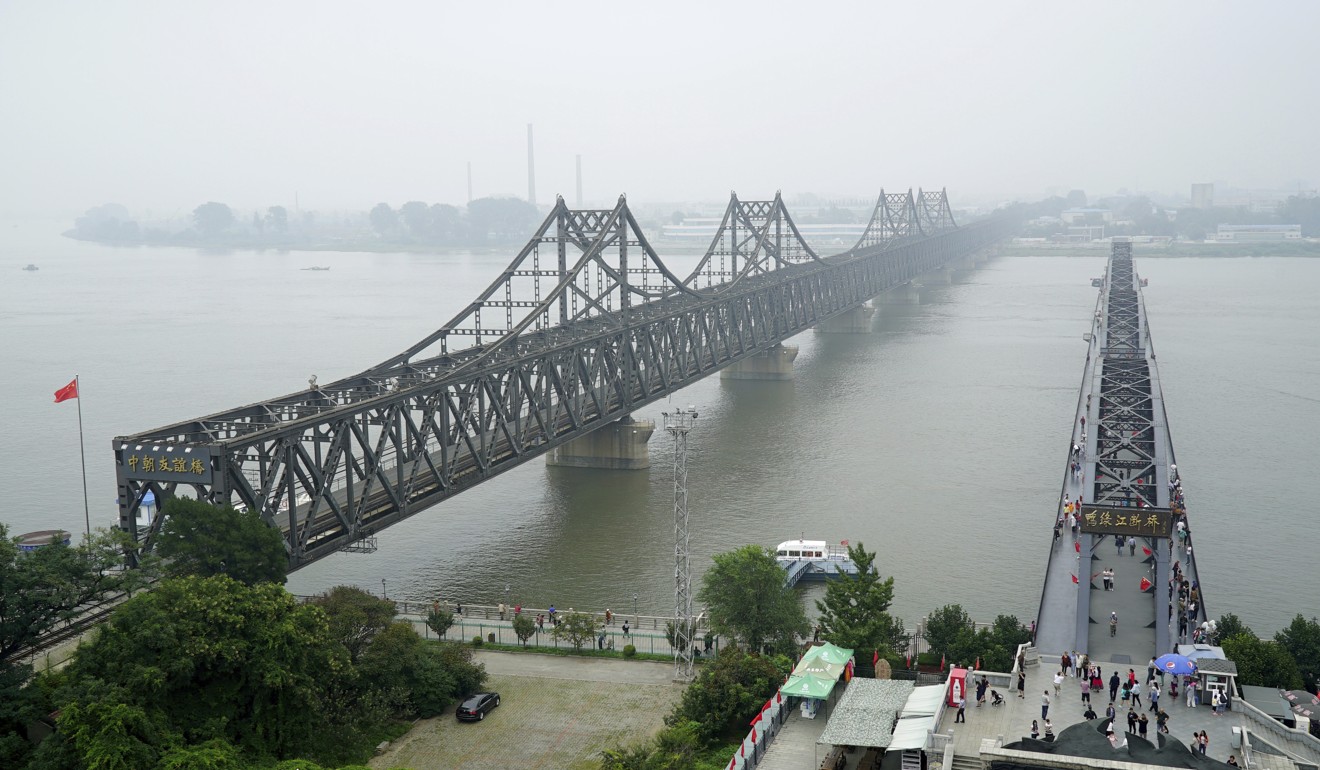
Opinion: Fraying of ties with China should be Kim Jong-un’s greatest worry as US ratchets up war talk
Adam Cathcart writes that China’s support or tacit acceptance of the North Korean regime continues to erode, possibly bringing further eruptions

Another week has passed with yet more Korean war talk from the upper echelons in Washington. After undercutting US Secretary of State Rex Tillerson on conditions for negotiating with North Korea, the White House renewed its emphasis on “the military option” via public statements by National Security Adviser HR McMaster and further rumours that the administration was considering using a “bloody nose” approach consisting of limited attacks on North Korean testing sites.
The response of North Korea’s leadership and diplomats to these statements was eminently predictable: they will continue to criticise the Americans, Japanese and South Koreans as irredeemable warmongers, and continue developing the reclusive state’s intercontinental nuclear deterrent and second-strike capability with all haste.
But should the North Koreans actually be more worried about China?

In recent days, Beijing has seemed to encourage official and semi-official discourse about preparations for war on the Korean peninsula. The limited leaking of a discussion of plans for an exodus of North Koreans into Changbai county was another alarm-stoking element for Pyongyang. Perhaps most shocking from North Korea’s standpoint was seeing a report that US-China discussions on contingency planning were taking place, previously a no-go zone for the Chinese government.
How we interpret the impact of these occurrences and statements on North Korea’s leaders in part depends on how we perceive the quality of the overall alliance, particularly in the aftermath of the visit of Xi Jinping’s envoy Song Tao to Pyongyang one month ago.
In an interview with the South China Morning Post, Chinese security scholar Yang Xiyu expressed frustration that North Korean leader Kim Jong-un had not seen it fit to speak with Song Tao. Yang criticised the young leader for walking away from his family’s legacy of cooperating at least verbally with China on the long-term goal of denuclearisation.
China’s public support or tacit acceptance of his regime continues to steadily erode, and further eruptions might await.
This exchange is important: Yang, who writes frequently on Sino-North Korean relations for the PRC foreign ministry magazine, had worked for China at the six-party talks that aimed to peacefully resolve security concerns stemming from North Korea’s nuclear weapons programme; he presumably has information access that others do not.
It is significant that Yang indicates pique not just with a local occurrence (Song Tao’s treatment in Pyongyang), but discontent with the overall structure of how Kim Jong-un has treated the alliance.
Perhaps the Chinese Communist Party as a whole now suffers from buyer’s remorse, as the party vocally supported Kim Jong-un’s succeeding his father Kim Jong-il as leader in the critical years from 2009-2011, and evidently has come to regret that decision, or is at minimum feeling misled.
If the Song Tao visit was not a success by China’s measure, it did manage to buy some time. US President Donald Trump evidently thought it was important enough to supportively tweet about.
Song also at least managed to meet with Choe Ryong-hae, a known figure who has become the closest thing to a “Number 2” that North Korea’s bloodline-based politics will allow. The visit further allowed for some contact with the Korean People’s Army, a significant institution with which the PRC has taken pains to stay connected in the past decade.
China’s discourse on North Korea is, of course, clouded significantly by the Trump effect, and the need to parse wild statements by Republicans such as Senator Lindsay Graham. Accordingly, Shi Yinhong, director of American Studies at Beijing’s Renmin University, Wang Hongguang, former deputy commander of the Nanjing military area command, and others have conveyed their concern about the possibility of seeing war break out on China’s doorstep (as reported by the Post). Other Chinese security academics have expressed similar worries.

How North Korea responds to recent Chinese actions and statements remains to be seen. In spite of China’s closing the Friendship Bridge in Dandong (“for repairs” which, in reality, are sorely needed) and the PRC’s pledging to implement existing sanctions, Beijing has done just enough not to fully alienate the Korean Workers’ Party.
Refugee protocols remain stable, in spite of the rumours from Changbai. Meanwhile, China’s new ambassador to the UN Security Council was tougher on a UN experts panel than on Kim Jong-un at the emergency meeting held after the November 29 missile test. And Kim Jong-un can head up to the border with the PRC, as he did in late November, to talk about tourism and resorts for his loyalists rather than bolster border security in anticipation of a Chinese invasion.
Nevertheless, overall developments have not been positive for Kim Jong-un this month as he looks north. China’s public support or tacit acceptance of his regime continues to steadily erode, and further eruptions might await.
Adam Cathcart lectures on Chinese history at the University of Leeds